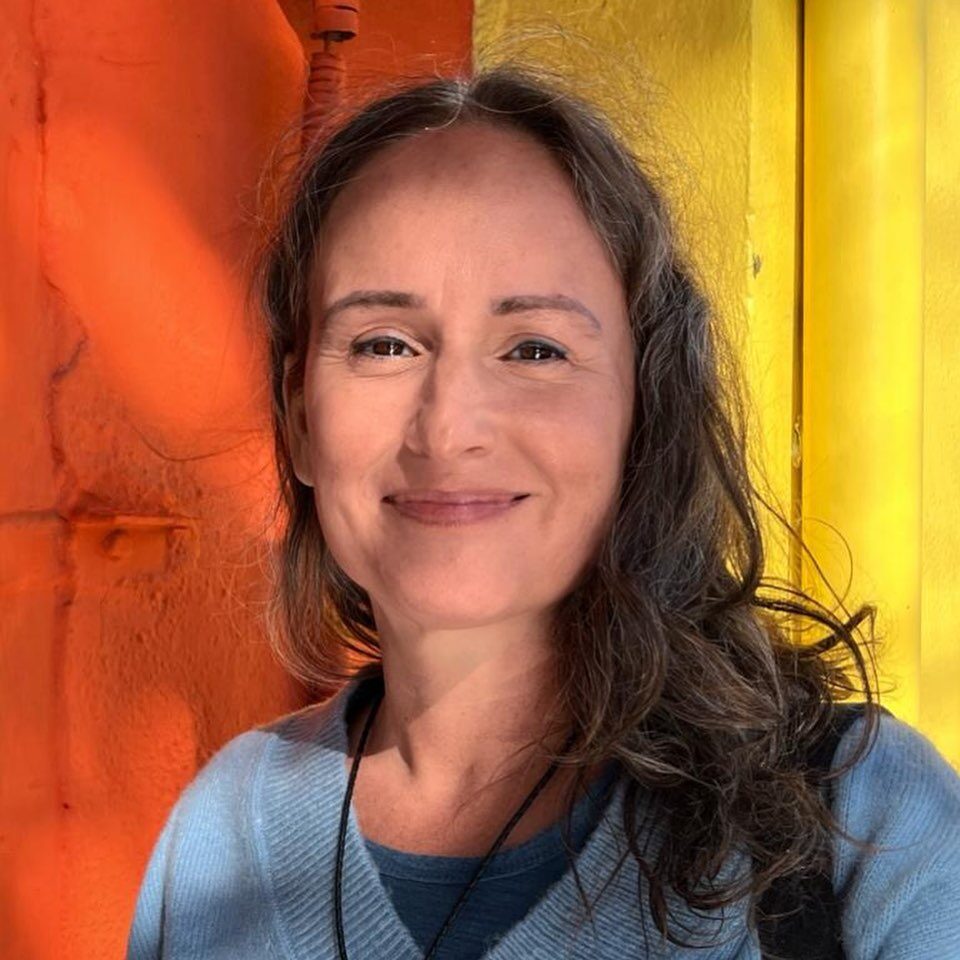
Ramona Isabel Cantú Westendarp
Director and Founder
PSYCHOTHERAPIST SINCE 1999
Face-to-face care in La Paz,
Baja California Sur
Our name
R A M (Sanskrit word) is the mantra that activates the 3rd chakra called manipura, which is located in the solar plexus (between the navel and the base of the sternum) where the powerful healing energy is contained. Its element is fire and its main theme is power and energy with the purpose of providing us with vitality, willpower, perseverance and determination to leave behind the position of victim and assume co-creators of our internal and external reality. The archetype of the manipura chakra is the spiritual warrior.
For many “RAM” means Light within me, and refers us to God.
Psychotherapies
We offer a variety of psychotherapies aimed at children, adolescents and adults. In individual, couple, family and group format; in weekly sessions in the medium and long term. We also offer intensive workshops and retreats that are held a few times a year.
Our way of understanding reality
It is through the paradigm of transdisciplinarity. We are nourished by scientific disciplines, such as Psychoanalysis, and important contributions from the other Schools of Psychology, and neurosciences. As well as body psychotherapies, art, ancestral knowledge, mystical and metaphysical schools. We aspire to a relational, complex knowledge that will never be finished.
What is the Function of Psychotherapy?
- Re-connect body, mind and soul
- Making the unconscious conscious for the expansion of consciousness
- Heal and feel well
- Promote your potential and your talents
- Deepen your self-knowledge
- Connect with others and build community

Psychoanalysis
The benefits of psychoanalysis are mainly self-knowledge and psychological growth, which in turn frees us from inhibitions and feelings of neurotic guilt, in order to live with a greater degree of freedom. It helps to recognize the root of annoying symptoms, such as depression and anxiety, opening the way for their healing.
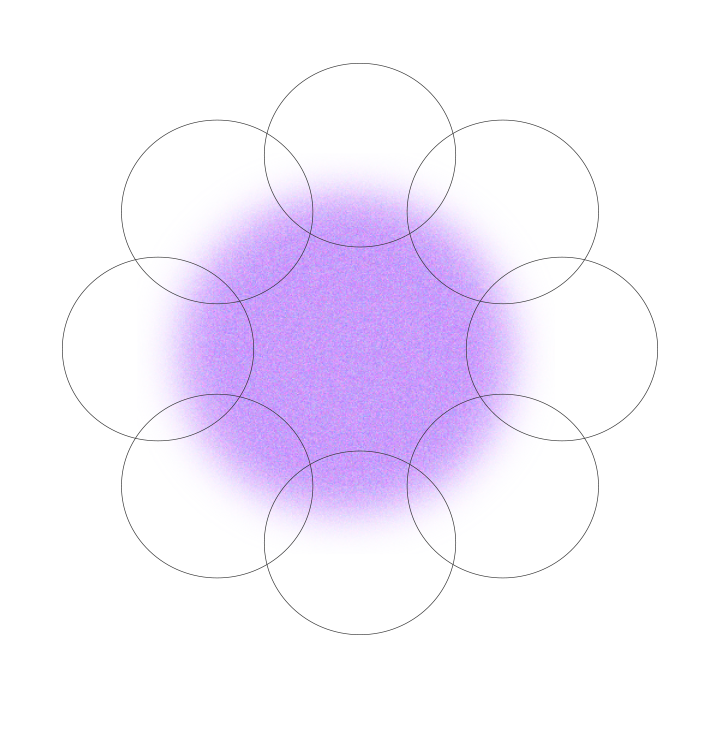
Psycho-Corporal Family Therapy
The Psycho-Corporal Family Therapy that I propose includes tools from psychoanalytic family therapy, various techniques of corporal psychotherapy, Systemic Family Therapy and Salvador Minuchin's Structural Model. This psychotherapy is only face-to-face.

Couple psychotherapy
The couple psychotherapy techniques that I use arise from contributions from psychoanalysis, systemic family therapy, the Salvador Minuchin Model, and various body psychotherapy techniques, especially dance therapy.
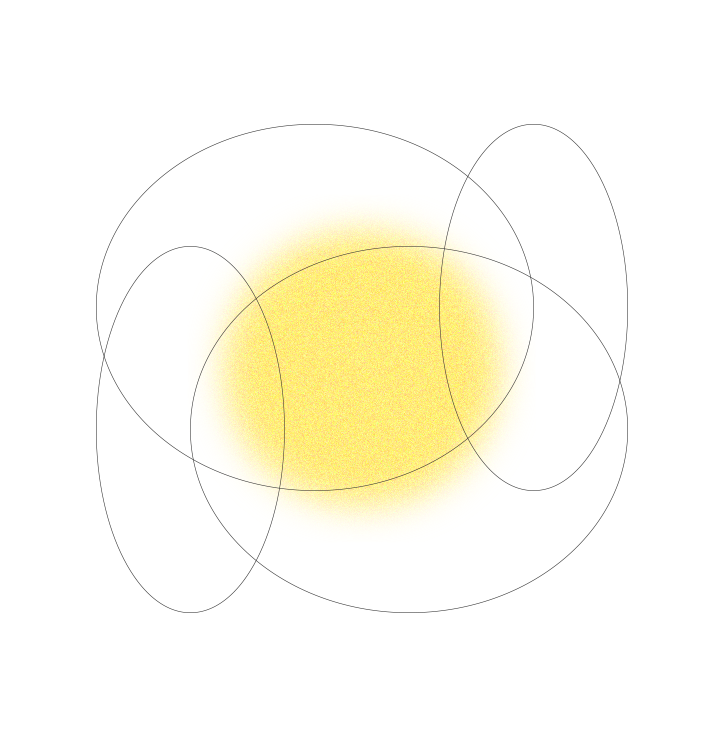
Dance therapy
Dance Therapy is a type of body psychotherapy that helps us to recover our vitality, to feel well-being, and to improve our physical, psychological, energetic and spiritual health. Some psychological conflicts can be removed only through bodily movement, and not through words.
This tool can be used in an individual psychotherapy format, for couples or families, and for small, large groups or for a mass audience. For children, adolescents, adults and seniors. In person and online.

Stage Experimentation Psychotherapy
Es una psicoterapia grupal (únicamente en modalidad presencial) con un máximo de 15 participantes, con una o dos secuencias semanales y con una duración de 90 minutos la sesión. Los integrantes participan libremente con su narración verbal, corporal, dancística, vocal, musical y teatral. Se ofrece para grupos de niños, adolescentes o adultos.
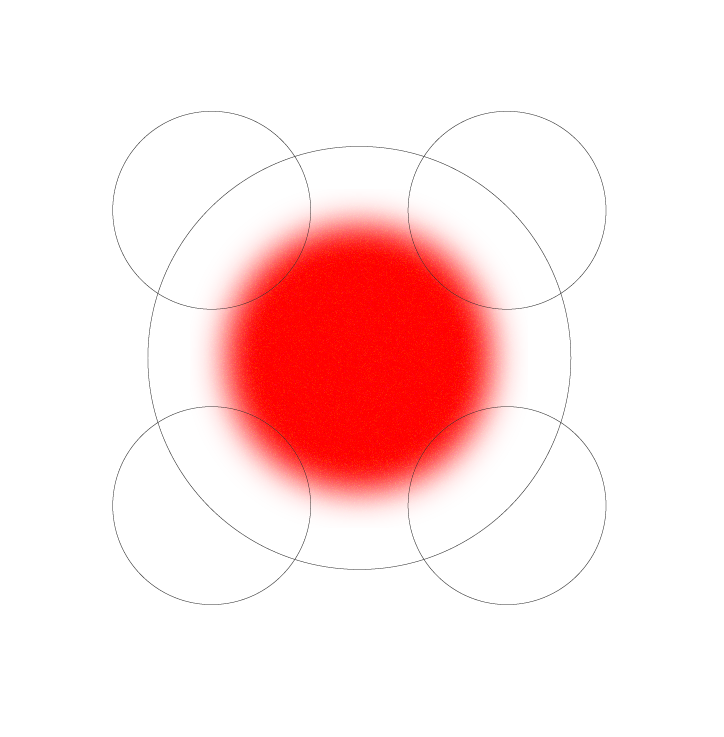
Psychotherapy for chronic pain management
It is a type of group psychotherapy (only in face-to-face mode) aimed at people (adolescents and adults) who suffer from chronic pain due to illness or accidents. We work for the improvement of physical well-being through psycho-corporal techniques of soft and appropriate exercises for each participant...

Psycho- Choreography
It is a method that I propose for the choreographic creation with contemporary language, aimed at professional and/or amateur dancers. From the exploration of the deep psychological content of each participant, the co-creation of an artistic dance product is taking shape. The purpose is both psychotherapeutic and artistic.
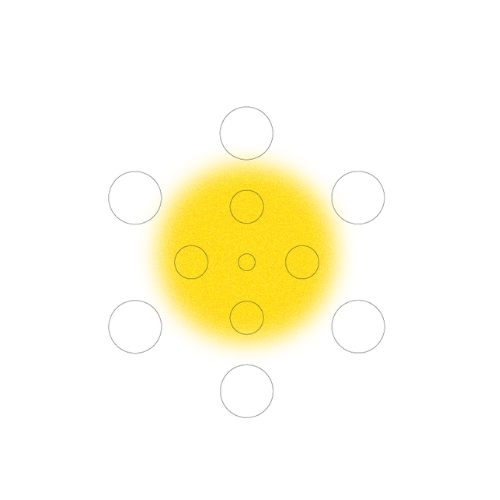
Child and adolescent psychotherapy
Child psychotherapy offers a space so that children and adolescents can be accompanied when they experience an event that compromises their emotional or psychological stability, such as family separation, processes of loss and grief, bullying, traumas or conflicts that lead to experience episodes of anxiety, depression or other symptoms.



